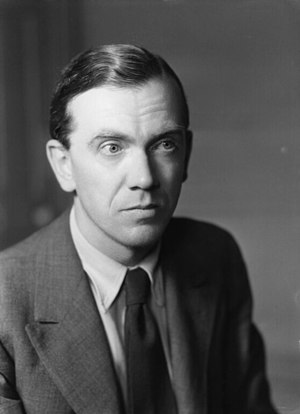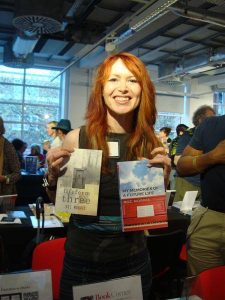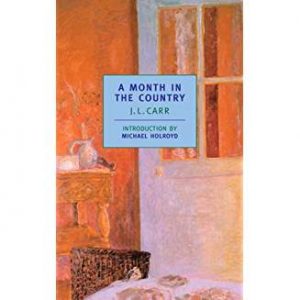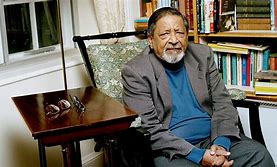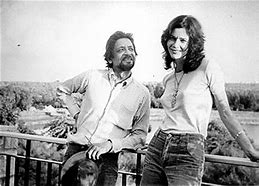The Martin Amis-Garry Craig Powell Reading List for Covid-19 Quarantine
A proliferation of reading lists has appeared since quarantine began: ‘comfort reading’ (Susan Hill), lists about pandemics, lists of new novels (nearly all by women) and so on. But isn’t this a good time to catch up on our serious reading? I recently mentioned to a friend, novelist David Joiner, that in The Pregnant Widow, the protagonist Keith Nearing manages to read practically the whole canon of the British novel in the eighteenth and nineteenth centuries (in fact up to about 1920) during a single long vacation, while he stays at a castle in Italy with a bevy of nubile young women, one of them named Scheherazade. DH and Frieda Lawrence were once guests at the same castle, which happens to have an excellent English library.
